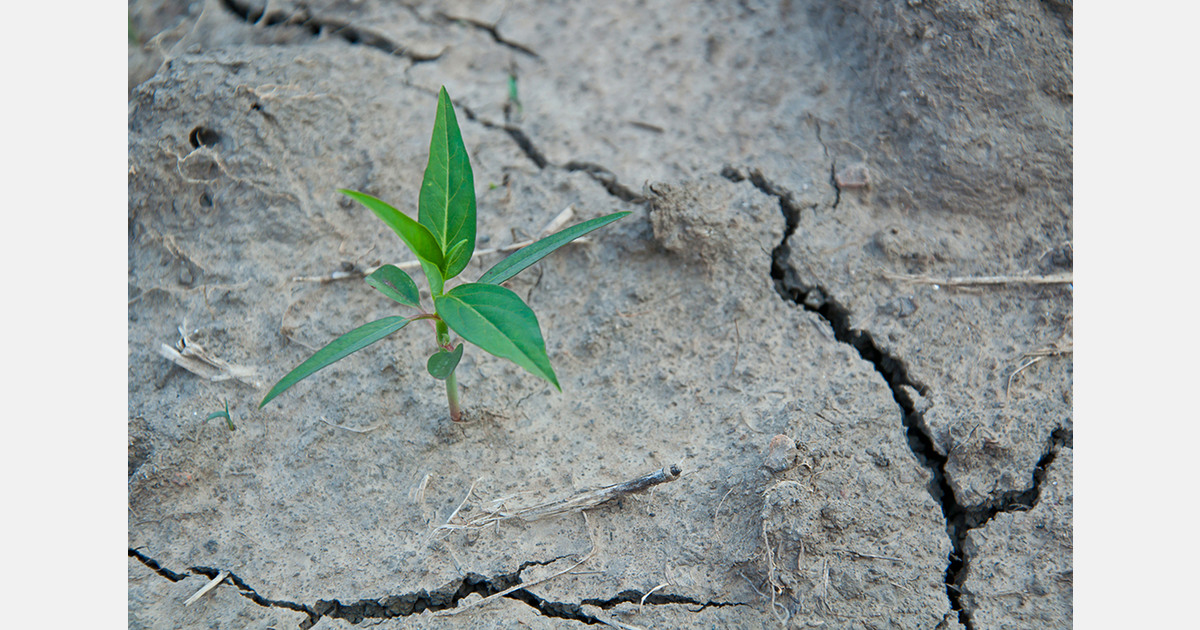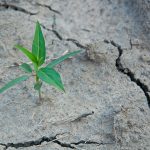
Food prices in India escalated rapidly in 2024 due to an intense heatwave, with onion and potato prices increasing by over 80% in the second quarter, as highlighted by a study. The research, led by Maximilian Kotz from the Barcelona Supercomputing Centre and collaborators from the European Central Bank, Potsdam Institute for Climate Impact Research, and the UK’s Food Foundation, examined 16 weather-induced price shocks across 18 countries from 2022 to 2024.
Findings indicate that many incidents exceeded historical records pre-2020, heavily influenced by global warming. The year 2024 emerged as the hottest recorded, marking the first time the global temperature averaged 1.5 degrees Celsius above pre-industrial levels. Extreme heat in May severely impacted crop yield and supply in India, affecting inflation in critical vegetables.
The study warned about worsening health outcomes, such as malnutrition and chronic diseases, and amplified economic inequality. “Rising food prices have direct implications for food security, particularly for low-income households. When the price of food shoots up, low-income families often have to resort to less nutritious, cheaper foods. Diets like this have been linked to a range of health conditions like cancer, diabetes, and heart disease,” Kotz mentioned.
The research suggested that climate-driven food price inflation might escalate headline inflation, complicating central banks’ efforts to maintain price stability, notably in developing nations with significant food expenditure in household budgets. According to the study, political ramifications are also likely: “High rates of inflation can directly alter election outcomes, and boost support for extremist, anti-system and populist parties.”
Globally, similar weather episodes triggered a 280% hike in cocoa prices in Ghana and Ivory Coast by April 2024, a 55% increase in Arabica coffee prices, and a 100% rise in Robusta prices in Brazil and Vietnam. Meanwhile, the European Union saw olive oil prices rise by 50% year-on-year by January 2024, following a drought in Spain and Italy. In the U.S., vegetable prices surged by 80% in November 2022 because of drought conditions in California and Arizona.
The researchers urged an immediate reduction in greenhouse gas emissions to prevent frequent food shocks. Kotz remarked, “Until we get to net-zero emissions, extreme weather will only get worse, and it is already damaging crops and pushing up the price of food all over the world.”
Recommendations were made for governments and central banks to leverage seasonal climate predictions for better anticipation of food price fluctuations, citing an HSBC analysis that “temperatures are now a better metric for forecasting food prices across India compared to reservoir levels.”
The study was made public ahead of the UN Food Systems Summit Stocktake on July 27, co-hosted by Ethiopia and Italy, which also faced climate-induced food price escalations. Ensuring food affordability was emphasized as a policy priority to avert broader health and political consequences.
Source: Business Standard
